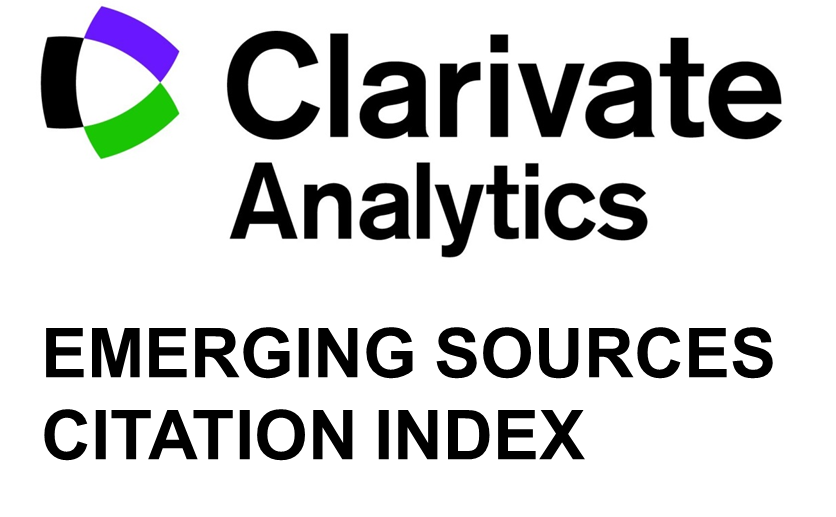Global minds, local impact: exploring the effect of foreign directors on corporate R&D expenditure
DOI:
https://doi.org/10.5937/StraMan2400007PKeywords:
foreign directors, corporate governance, agency theory, developing countriesAbstract
Background: In the contemporary business environment, corporate research and development (R&D) expenditure is pivotal for fostering technological innovation and advancing technological progress. While much research has focused on the influence of boards of directors on corporate innovation, the role of foreign directors in shaping corporate R&D expenditure, particularly in developing countries, remains underexplored.
Purpose: The aim of this paper is to investigate the pivotal role of foreign directors in corporate R&D expenditure within Chinese listed manufacturing firms. It also provides micro-level evidence of the economic consequences of foreign directors, considering heterogeneity across property rights, industry, regional dimensions, and board positions.
Study design/methodology/approach: This study utilizes the largest and most detailed dataset of Chinese listed manufacturing firms in the CSMAR database, offering comprehensive proxy variables. The sample encompasses 18,273 observations from 2008 to 2021. Multivariate regression models, employing static two-way fixed effects models with clustered robust standard errors and dynamic generalized method of moment (GMM) models, were established to investigate the relationship between foreign directors and corporate R&D expenditure. Sensitivity tests involve the substitution of dependent and core explanatory variables. Moreover, heterogeneity test and situational analysis are conducted.
Findings/conclusions: The results confirmed a significant augmentation in corporate R&D expenditure attributable to foreign directors. Heterogeneity analysis reveals that the positive impact of foreign directors on R&D expenditure is more pronounced in private-owned enterprises, high-tech industries, and economically developed regions of China. Situational analysis further confirms that foreign independent directors are the main driving force behind this effect.
Limitations/future research: This research is confined to a single-country and single-industry sample, without a comprehensive consideration of the individual traits of foreign directors. Future research avenues could involve cross-national comparisons and a more nuanced categorization of foreign directors.
Downloads
Published
Issue
Section
License
Copyright (c) 2024 Tingqian Pu, Abdul Hadi Zulkafli

This work is licensed under a Creative Commons Attribution 4.0 International License.














